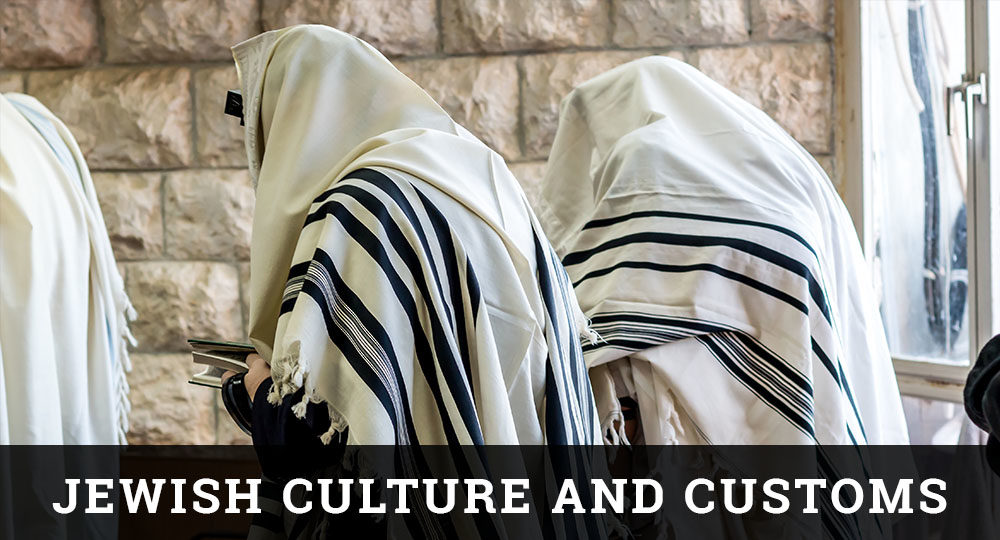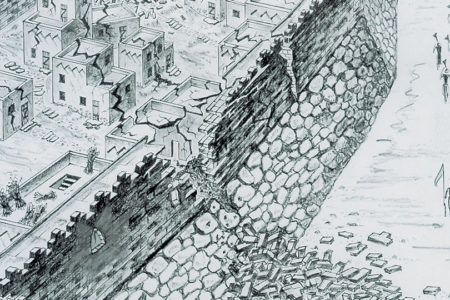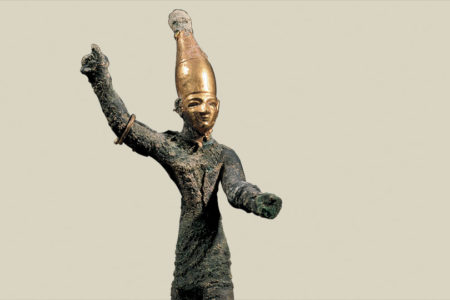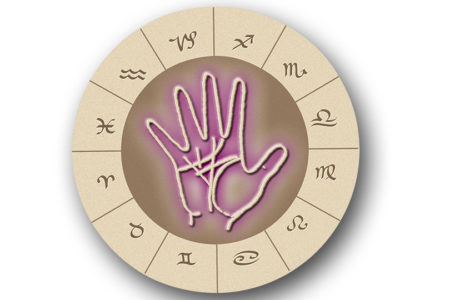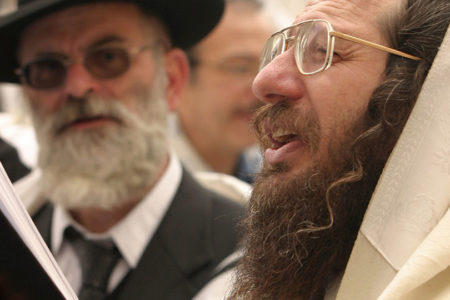“I Was Born a Jew, and I Will Die a Jew.”
There are many religions in the world. While some seem to overlap and even share common beliefs and practices, most have distinctive characteristics that mark them out or set them apart. Many have unique, identifiable practices, including specific liturgies.
The Jewish people comprise such a group, with specific liturgies and observable, identifiable practices. Yet, unlike other groups that abdicate their observances and liturgies, Jews seldom abdicate their identity. Thus, the Orthodox, Conservative, Reform, secular, and even atheists realize almost instinctively that Judaism is more than a religion. They are, in fact, a people. Their identity is uniquely and permanently linked with one another. For that reason, the simple, cryptic statement, “I was born a Jew, and I will die a Jew,” is used to put to rest or end any discussion of spiritual things thrust upon them. The very thought of conversion has always been anathema to them.
Twenty-three years ago, I made a decision to receive Jesus as my Messiah and Savior. I understood that I was not forsaking my Jewish identity but was, rather, completing it by receiving the Messiah into my heart. What became good news for me proved to be torture, torment, and horror to my parents. A statement my mother made describes her pain: “You took a knife and stabbed me in the back.” A year later, when I informed her of my baptism, she cried, “Now you just took the knife and turned it.”
While I can honestly say I understand the pain and sense of betrayal my mother felt, it was my father’s statement that gripped my heart. He simply said, “Who will say Kaddish for me now?” While my mother felt betrayed, my father felt lost. For him, the Kaddish holds all of what it means to be a Jew—in this life and in the life to come. It epitomizes his primary concern: a place of remembrance by his only son after his death. Thus, an understanding of the Kaddish can enhance the understanding of the Jewish people.
The word Kaddish should not be confused with the word Kiddish. Both are prayers that Jewish people recite, and both are derived from the same Hebrew word, Kadosh, meaning sanctify or holy. Kiddish is a blessing said over Sabbath wine, while Kaddish is said in memory of deceased family members. The word Kaddish itself is not Hebrew but Aramaic, the language of the masses at the time of its origin. Many people are under the false impression that Kaddish is a prayer for the dead; however, it makes no reference to the dead or to mourning. It is, rather, a prayer of praise, glorifying the name of God—a prayer that, at its very core, exudes a strong faith in the midst of great distress. It is a prayer that petitions the Almighty for redemption and salvation (To Be a Jew, p. 305). Many have called Kaddish “the echo of Job” because it was Job who said, “Though he slay me, yet will I trust in him” (Job. 13:15) [The Jewish Book of Why, p. 70].
The text of the Kaddish is:
Magnified and sanctified be His great name in the world which He created according to His will. May He establish His kingdom during your life and during your days and during the life of all the house of Israel, speedily and in the near future; and say, Amen.
May His great name be blessed forever and ever.
Blessed, praised and glorified, exalted, extolled and honored, adored and lauded be the Name of the Holy One, Blessed be He; Who is beyond all blessings and hymns, praises and songs that are uttered in the world; and say, Amen.
May there be abundant peace from heaven and life for us and for all Israel; and say, Amen.
May He who maketh peace in the heavens, make peace for us and for all Israel; and say, Amen.
Jewish law requires sons to recite Kaddish. Daughters are under no such obligation, but in many Jewish circles they do so. In addition, a minyan (a quorum of ten men) is required to pray Kaddish. It is not a prayer that can be recited alone. All the mourners pray in unison, standing and facing Jerusalem. Those listening to the mourners respond with the words, “May His great name be blessed forever and ever and amen.”
The Talmud explains that reciting Kaddish insures that the memory of the dead will not grow dim. Each year thereafter, at the anniversary of the death, the Kaddish is prayed.
When my father voiced his concern, I tried to respond with as much kindness and compassion as possible. “Dad,” I said softly, “saying the Kaddish after you die will do you absolutely no good. I will say it for a time if you want me to, but I’m doing something better for you right now. I pray for you all the time while you are alive.” As a Jew, I am commanded to honor my father and my mother (Ex. 20:12). What can better demonstrate the honor I have for my parents than consistent prayer for them in their lifetime?
I was born a Jew, and I will die a Jew. That will never change. The difference is that I, along with many of my brothers and sisters according to the flesh, have put our trust in the saving work of the Messiah of Israel. We look forward to that time when His name will be blessed forever and for all eternity.
